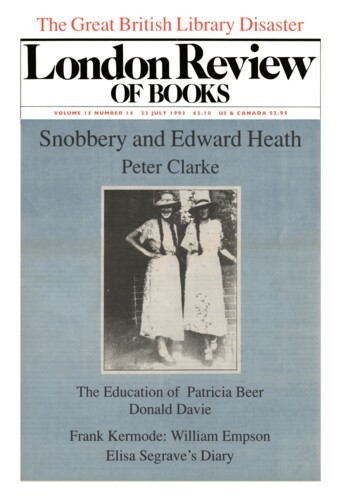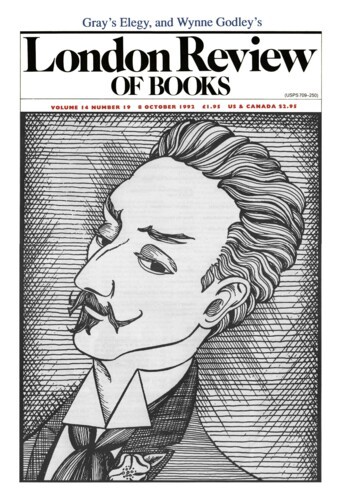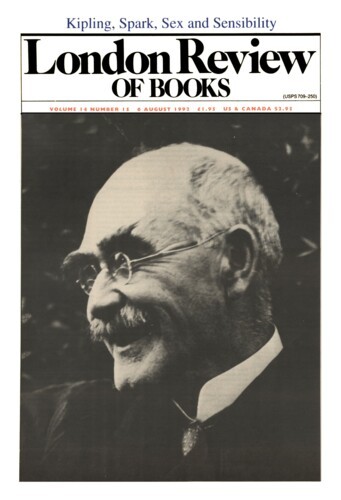A parable, an allegory, a moral fable, must convince us first on the literal level to have full effect in its symbolic message. In ‘The Metamorphosis’ and The Trial our attention is immediately engaged by the opening sentences that tell of Gregor Samsa’s transformation into a gigantic insect lying on its back and unable to turn over, and by the bald information that Joseph K. ‘without having done anything wrong was arrested one fine morning’. Animal Farm, similarly, is interesting first of all as a story about animals trying to run their own society without the interference of humans. Any visionary or satirical meaning is apprehended later, and in Kafka’s case its nature is still a matter for argument. A friend once called him the last Jesuit, and it has always seemed to me that the ultimate meaning of Kafka’s fictions is that the individual must – and should – lose his fight against society or God.’
A parable, an allegory, a moral fable, must convince us first on the literal level to have full effect in its symbolic message. In ‘The Metamorphosis’ and The Trial our attention is...





